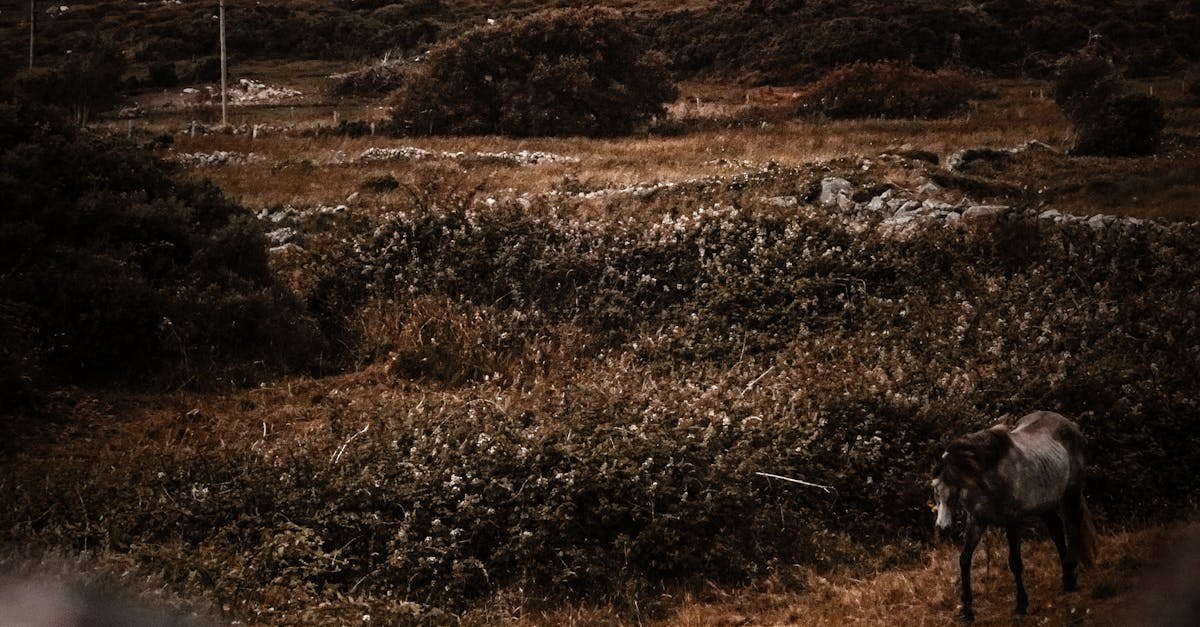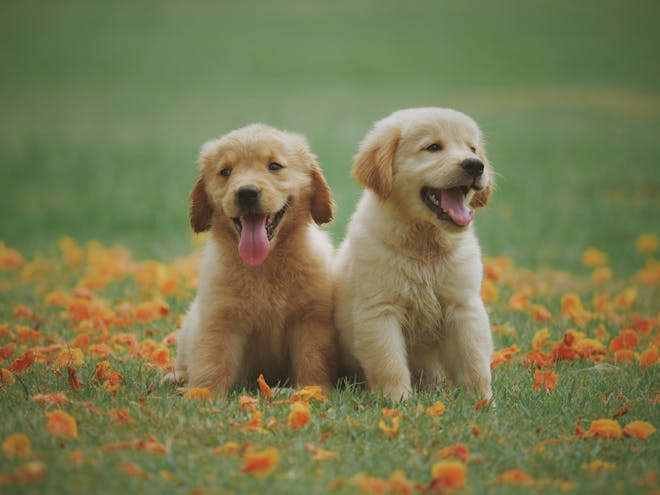Are you considering bringing an Irish Wolfhound into your life or already caring for one? This gentle giant is known for its impressive stature and loving nature, but owning such a unique breed comes with specific responsibilities. Understanding their needs can help you provide the best care and ensure a happy, healthy life for your furry friend.
🐾 Breed Snapshot
The Irish Wolfhound is one of the tallest dog breeds in the world, originally bred in Ireland for hunting wolves and other large game. Despite their imposing size, they are often referred to as "gentle giants" due to their calm and affectionate temperament.
- Height: 30–35 inches (at the shoulder)
- Weight: 105–180 pounds
- Lifespan: 6–8 years
- Coat: Rough, wiry, and comes in various colors such as gray, brindle, red, black, and white
- Group: Hound
Irish Wolfhounds are known for their loyalty and patience, making them great family dogs. However, their large size and specific health needs mean they require dedicated care and attention.
🧬 Personality & Behaviour
Irish Wolfhounds are gentle, affectionate, and sociable. They thrive on human companionship and are excellent with children due to their patient and calm demeanor. However, their size and strength mean they need consistent training and early socialization to ensure they are well-behaved in all situations.
- Affection Level: High
- Energy Level: Moderate
- Trainability: High, but they respond best to positive reinforcement
- Barking Level: Low
While they are not overly active, Irish Wolfhounds require regular exercise to maintain their physical and mental health. Long walks, a spacious yard, and some playtime are ideal for keeping them happy. Keep in mind that their natural hunting instincts might make them prone to chasing smaller animals, so a secure environment is a must.
🧼 Health & Grooming Needs
Like all breeds, Irish Wolfhounds have specific health concerns and grooming requirements. Knowing what to expect can help you stay ahead of any potential issues.
Common Health Issues:
- Heart Disease: Dilated cardiomyopathy (DCM) is common in large breeds like the Irish Wolfhound.
- Bloat: Also known as gastric torsion, this is a life-threatening condition that requires immediate veterinary attention.
- Hip and Elbow Dysplasia: Joint issues can occur due to their size and rapid growth.
- Bone Cancer: Osteosarcoma is more prevalent in giant breeds.
Scheduling regular veterinary check-ups, feeding a balanced diet, and monitoring for early signs of illness are crucial for managing their health. For instance, to reduce the risk of bloat, consider feeding smaller, more frequent meals and avoiding vigorous activity right after eating.
Grooming Tips:
- Brush their coat weekly to remove loose hair and prevent matting.
- Trim their nails regularly to prevent overgrowth and discomfort.
- Check their ears for signs of infection, such as redness or odor.
- Brush their teeth several times a week to promote dental health.
Irish Wolfhounds shed moderately, so regular grooming will help keep their coat healthy and reduce shedding around your home.
💡 Vet Tips for Pet Parents
Caring for an Irish Wolfhound can be incredibly rewarding, but it’s essential to be prepared for the challenges that come with their size and unique needs. Here are some practical tips:
- Provide a comfortable, supportive bed to protect their joints.
- Ensure your home and yard are secure to prevent escapes or accidents.
- Feed a high-quality diet designed for large or giant breeds to support their growth and health.
- Monitor their weight to avoid putting unnecessary strain on their joints.
- Invest in sturdy leashes, collars, and harnesses suited for their strength.
Irish Wolfhounds are incredibly loving and loyal companions. By meeting their physical, mental, and emotional needs, you’ll build a deep bond and ensure they live a fulfilling life.
FAQs
Q: How much exercise does an Irish Wolfhound need?
A: While they are not overly active, Irish Wolfhounds benefit from daily walks and moderate playtime. Aim for at least 30–60 minutes of exercise per day to keep them healthy and happy.
Q: Are Irish Wolfhounds good with kids?
A: Yes, they are known for their gentle and patient nature, making them excellent companions for children. However, always supervise interactions between dogs and young children to ensure safety for both.
Q: What should I feed my Irish Wolfhound?
A: Choose a high-quality dog food formulated for large or giant breeds. Consult your veterinarian to determine the right portion size and ensure their diet meets their nutritional needs.
Book a $49 online vet consultation at https://www.dialavet.com for fast, expert advice.























